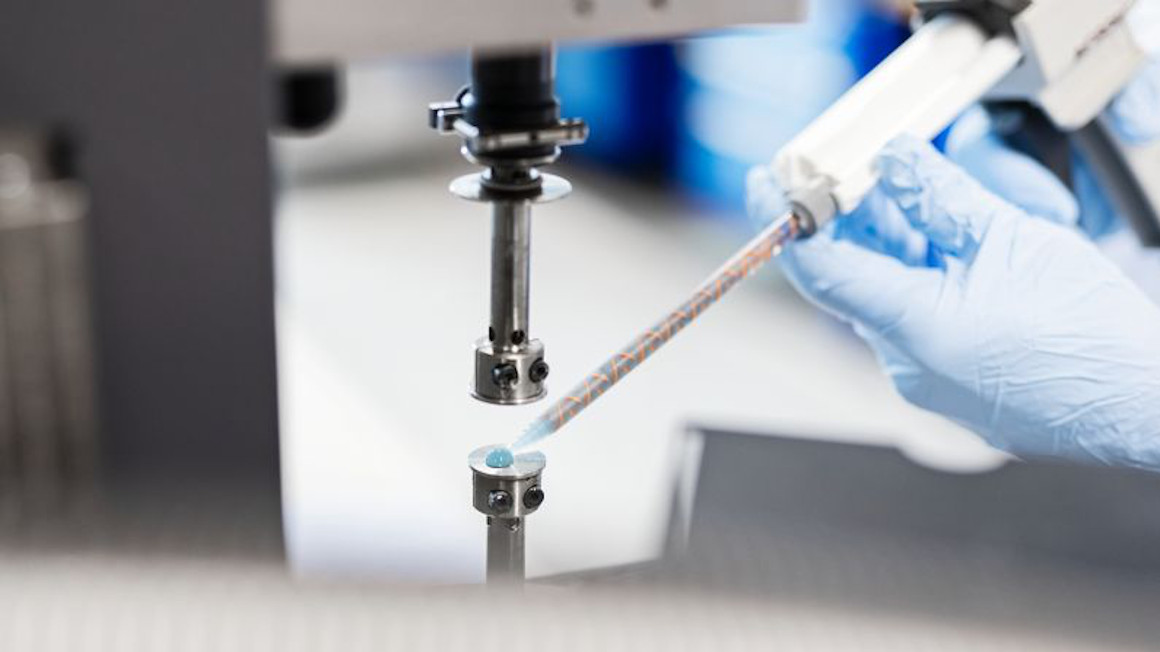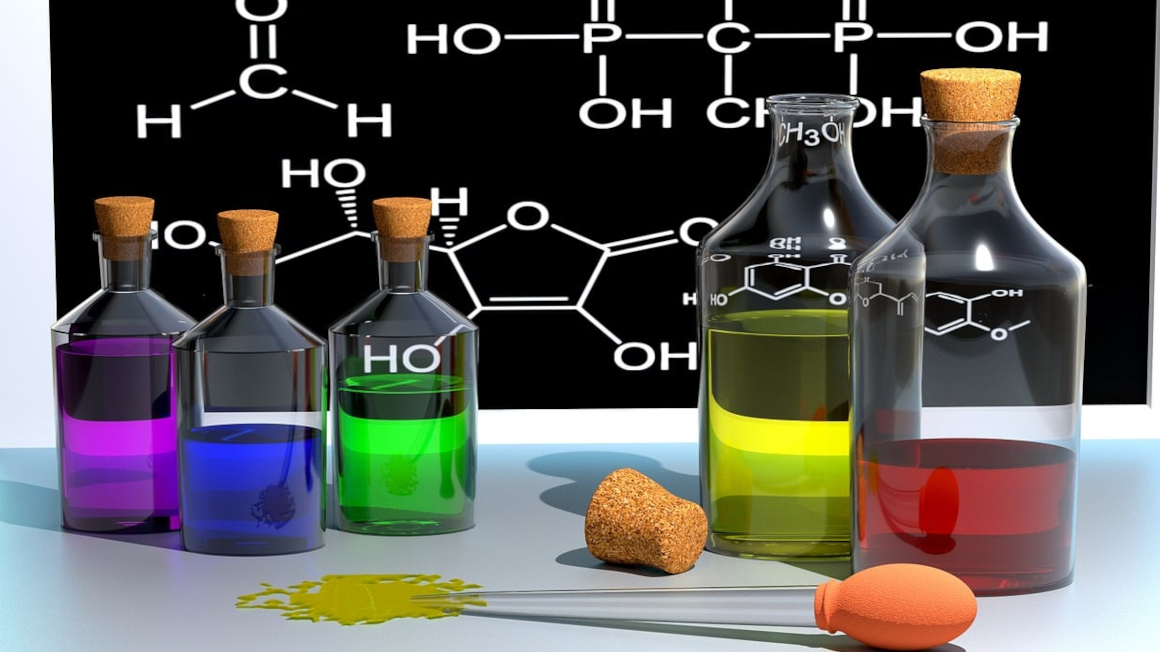New synthesis components for de-adhesive bio-adhesives
Researchers from the Leibniz Institute for Catalysis in Rostock have joined forces with adhesives specialist Henkel to develop new bio-based adhesives that can be removed again.

Adhesives are an integral part of our everyday lives. They can be used to bond a wide variety of materials such as glass and plastic or even wood and metal, ensuring the durability of a wide range of products. However, adhesives are usually based on petroleum-based raw materials and are extremely stable, which makes recycling difficult. In the BIOVIN project, researchers from the Leibniz Institute for Catalysis (LIKAT) in Rostock have joined forces with adhesives specialist Henkel to research bio-based adhesives that can be removed again.
As part of the three-year project, which was funded by the German Federal Ministry of Food and Agriculture (BMEL), the project partners developed new synthetic building blocks for so-called releasable adhesives based on carbohydrates and vegetable oils. According to the team, they were able to produce large quantities of organic compounds - specifically diols and polyols - from the commercially available bio-based platform chemicals obtained from lignocellulose using catalysis. These are intermediate products that are required for polymer production.
New catalytic synthesis method developed
A catalytic synthesis method was developed at LIKAT that makes it possible to ‘convert almost any bio-based polyol or phenol into vinyl ether’ - i.e. into monomers that are used to produce polymer adhesives. ‘With a yield of up to 98% and a significantly lower formation of undesirable by-products, the process is more selective, efficient and environmentally friendly than the most important commercial technique to date,’ report the researchers.
In the project, the new polyols were tested as reactive components in polyurethane adhesives. In addition, diols and polyols were processed into new, bio-based, multifunctional divinyl ethers (DVE), which in turn were used to produce de-adhesive adhesives.
Vinyl ether-based polymers for release adhesives
These new bio-based adhesive compounds were found to adhere particularly well to plastics, but less well to metals. They also boasted ‘lower toxicity and a more pleasant odour’ compared to petroleum-based compounds. The researchers report that the new adhesives can also be specifically de-bonded using heat, light or acid. ‘De-adhesion was achieved under mild test conditions through both thermal and chemical decomposition and was verified by spectroscopic analyses.’
Enormous potential for recycling-friendly adhesives
With the help of debonding adhesives, many electronic products or household appliances could not only be repaired more effectively, but also recycled more efficiently, thus saving raw materials. Even if there is still room for optimisation, the newly developed vinyl ether-based polymers are already demonstrating their ‘enormous potential for new, recycling-friendly adhesive systems’, the researchers write. Accordingly, project partner Henkel is testing the first prototypes of the newly developed adhesive compounds. If the tests are successful, the company intends to have the selected vinyl ethers produced on a commercial scale.
bb


